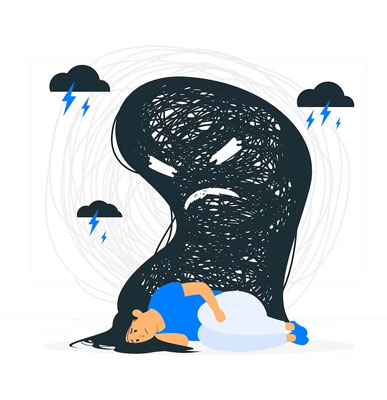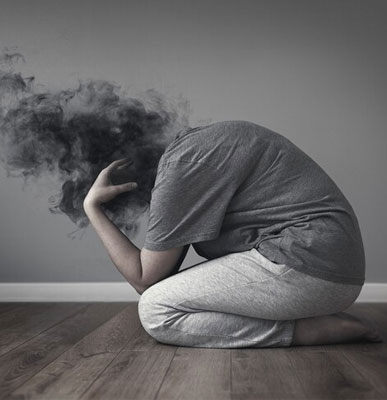Stress is anything that makes it difficult for us to work at full capacity or potential. This stress or tension could be secondary to personal difficulties, health problems, relationship problems or financial issues.
These days, life has become very stressful with the level of competitiveness and wishes to become successful and achieve things quickly and arguably this has contributed to a rise in mental illness.
- appointments@gurgaonclinics.com
- GMC- 194 P, Sector 27 Gurgaon, 122009
- Mon - Sat: 10:00 am - 7:00 pm
Visiting Hours
| Mon - Fri: | 8:00 am - 8:00 pm |
| Saturday: | 9:00 am - 6:00 pm |
| Sunday: | 9:00 am - 6:00 pm |



